


By Debbie Ponchner/Costa Rica
San José, Costa Rica. It is Saturday night and as usual, El Jardín de Lolita, a trendy food market in Escalante neighborhood, is full. At the bottom of the garden, under a tree dressed up with twinkling lights, there is a stage, and Jess Mázquez Gaspar is standing on it. “One day, I spent 45 minutes trying to convince a teller in a national bank that a check was mine. I had to disclose my gender identity, my sexual orientation, the reasons why I had decided to change my name, details about my transition... After almost an hour of talking, we ended up being really good friends…”
With that particular anecdote, Jess begins his comedy stand-up titled “Trans ovaries.” In just 45 minutes, with lots of good humor and a tiny bit of pain, Jess explains to the public what it feels like to be a transgender man in Costa Rica. “Being a transgender man in Costa Rica involves educating people on a regular basis. Being a trans man, with a masculine aspect such as mine, but who still has a vulva and a vagina, and ovaries as well... you go through life like a Jehovah Witness, but the other way around: You have to go and explain to each and every person what it means to be a transgender man, plus a lot of stuff that people don’t care about.”
Through comedy, Jess brings the transgender reality closer to the public. Jess’s audience is diverse: transgender, cisgender (people whose gender identity matches the biological sex they were assigned when they were born), homosexual, heterosexual... in the end, just people. The money raised from Jess’s stand-up will go to Colectivo Trascendentes, an organization led by Jess and founded in 2018 aimed at providing accompaniment and support for trans people while fighting for recognition, visibility, and full enjoyment of non-cisgender people. Colectivo Trascendentes is also a substitute family for those who have left without one while going through their gender identity journey.
Read full story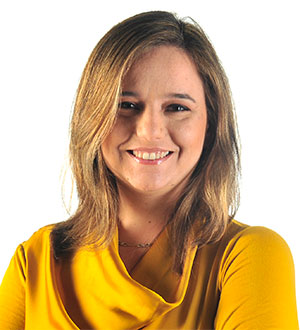
Debbie Ponchner is a Costa Rican science journalist. She studied Collective Communication at the University of Costa Rica and obtained a master's degree in Scientific and Medical Communication at Pompeu Fabra University, in Barcelona, Spain. She was a Knight Science Journalism fellow at the Massachusetts Institute of Technology, U.S. (2003-2004). Twitter: @debbieponchner

By Margaret López/Venezuela
Caracas. There are five disposable syringes, an empty alcohol bottle, and a small container full of cotton on the table. The main protagonists are the 250 mg Enanthate vial, which is an injectable testosterone, and Denangel Meza, a 38-year-old transgender man.
“I waited for this vial for five years. I left university and I was still waiting for the vial. Until, finally, I was able to get it and inject myself today,” says Denangel Meza, minutes after administering his body with its first extra testosterone dose.
The growth of facial and body hair, the increased strength and muscle mass, and of course, a deeper voice, will be some of the effects that will show after initiating a masculinizing hormone therapy. A treatment that, for many other transgender men in Venezuela, is a luxury that they cannot afford and that no public hospital or clinic provides for free, in contrast with countries such as Mexico and Costa Rica.
Read full story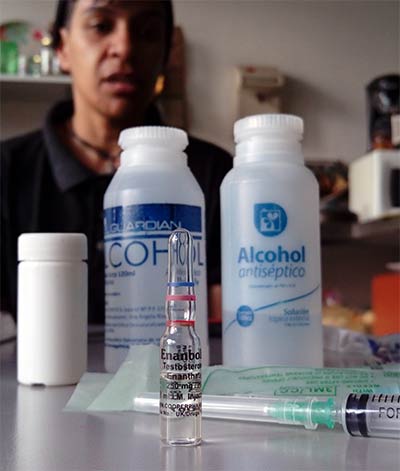
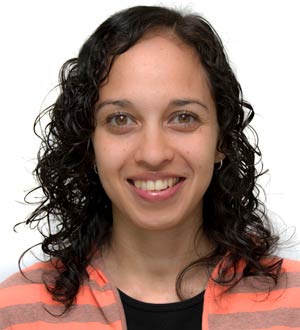
Margaret López is a Venezuelan journalist specialized in Science and Economy. She works as an editor for the HispanoPost Media Group and collaborates with Scidev.Net in the Latin America branch. López has a certificate in Economics for Journalists by the Central University of Venezuela (UCV). Margaret López has developed her journalistic career in two large print newspapers in Venezuela: El Nacional and Últimas Noticias. In 2018, the journalist was awarded the “Arístides Bastidas” Municipal Award for her coverage of the first massive, oral Chagas disease outbreak in Caracas.

By Carmina de la Luz/Mexico
The whole town remembers Violeta well: how she walked through the streets headed to the dances, wearing red, purple, and sequin dresses. She had very dark skin, extremely white teeth, and a spectacular silhouette that she moved elegantly with some stylized platforms.
Violeta was murdered over 20 years ago but her mother cries her loss as if it had been yesterday: “He appeared next to the highway, all beaten,” she says, without being able to talk about her trans daughter with the identity she was given at birth.
According to the Observatory of Murder Against Transsexual People–that belongs to the international organization Transgender Europe–between October 1, 2016 and September 30, 2017, 325 murders of trans people were reported in the world. 267 of them took place in Latin America, many of them in Mexico. Our country is the second most dangerous for trans people, only under Brazil.
Nevertheless, hate and transphobia are not the only social phenomena that infringe upon that community. Bullying, discrimination, stigmatization, and the lack of laws that guarantee people’s integrity, mostly regarding health, are just as lethal, or even more.
Read full story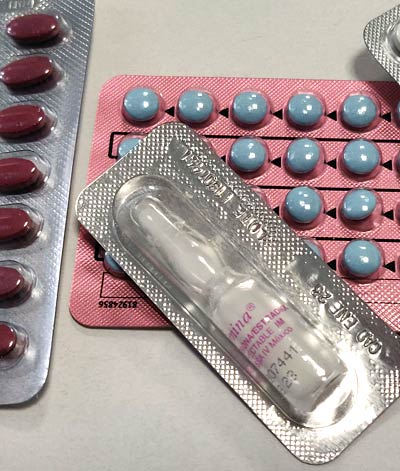
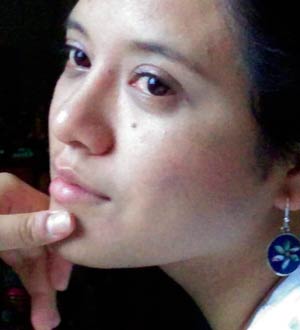
Carmina de la Luz Born in the Mexican state of Guerrero, disseminator, and journalist with studies in Biology. She defines herself as a Communication-sciences zombie. She has been a TV host and her written work has been published in Todo sobre el espacio, Mexico Desconocido, and the Tangible portal of EL UNIVERSAL newspaper. Fellow in programs of the Thomson Reuters Foundation and the Council for Advancement of Science Writing. Member of the Mexican Society for the Disclosure of Science and Technology (SOMEDICYT) and the Mexican Network of Science Journalists (RedMPC).

By Valeria Román/Argentina
“I asked my cousin for underwear while my mother insisted that I wore a leotard with a tutu.” His mother wanted a daughter who followed into her footsteps and became a dancer. His mother adopted and named him Gisel and raised him by herself, in an artistic atmosphere in Buenos Aires. But Iván Puhlmann, who was born in 1979, did not feel comfortable wearing wearing buckles or skirts.
“I was a rebel and when I was 9 years old, my mother hospitalized me in a psychiatric hospital for children. I spent a year there and when I left, I started to hide [the fact that I] felt like a male because there were consequences. I left home and I couldn’t stay in school because the bullying was unstoppable and violent. In contrast, I felt good on the outside world because I found the freedom to be who I was,” he remembers.
He felt like a male in a teenage body that made him feel uncomfortable. At 14, he chose the name Iván. When he saw a gynecologist for the first time, accompanied by his mother, he was called by the name assigned to him when he was born and could not understand what was happening. For 22 years, he never went back to a hospital or clinic. “Until 2001, I didn’t know there were trans men. I searched the internet for ‘backwards transvestite’ because that was how I felt. I found information on the internet.”
With the idea to masculinize his body, Puhlmann injected himself with anabolics used by bodybuilders and testosterones, which damaged his liver and kidneys. He only saw a doctor three years ago. His life had changed.
Read full story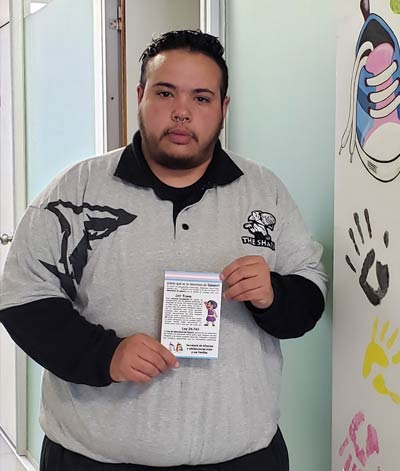
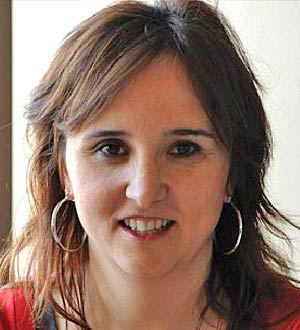
Valeria Román is an independent science journalist. Román was selected as a 2004-2005 Knight Science Journalism Fellow at the Massachusetts Institute of Technology and an intern at the World Health's Organization's Medical Journalism Program in 2003. Valeria Román writes about science, the environment, and health for publications such as Science (U.S.), Infobae.com (Argentina), Scidev.net, and Forbes Argentina. Román co-authored the book Darwin 2.0. The Theory of Evolution in the 21st Century (Darwin 2.0. La teoría de la evolución en el siglo XXI). She has also taught scientific journalism at the Buenos Aires University and other universities and has been a speaker at forums about journalism and communication in South Korea, Canada, Mexico, Qatar, United States, England, Spain, among other countries. Román was also vice-president of the World Federation of Science Journalists from 2009 to 2011.